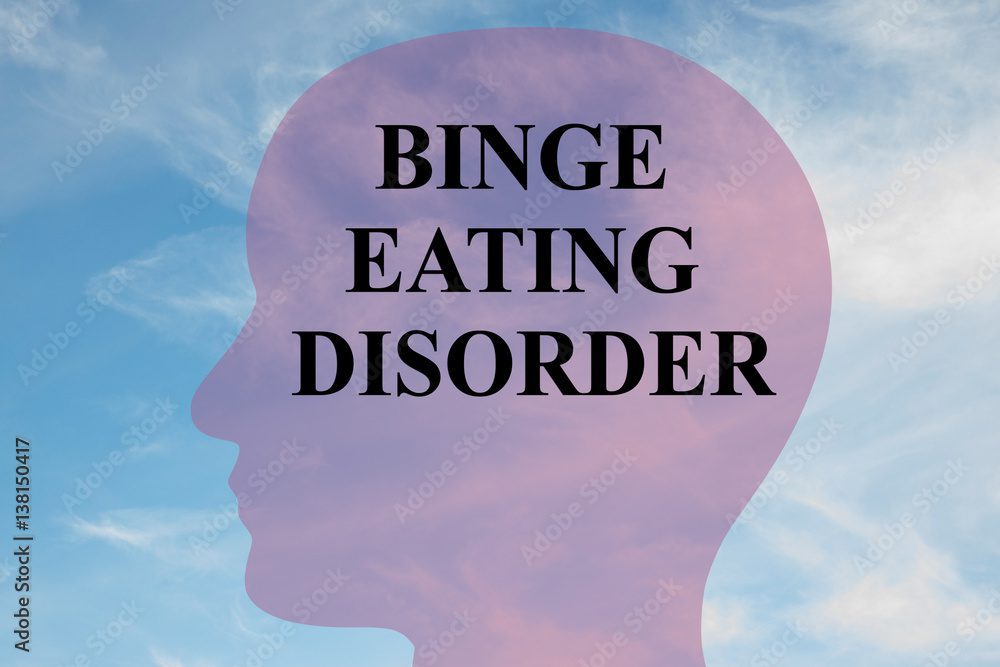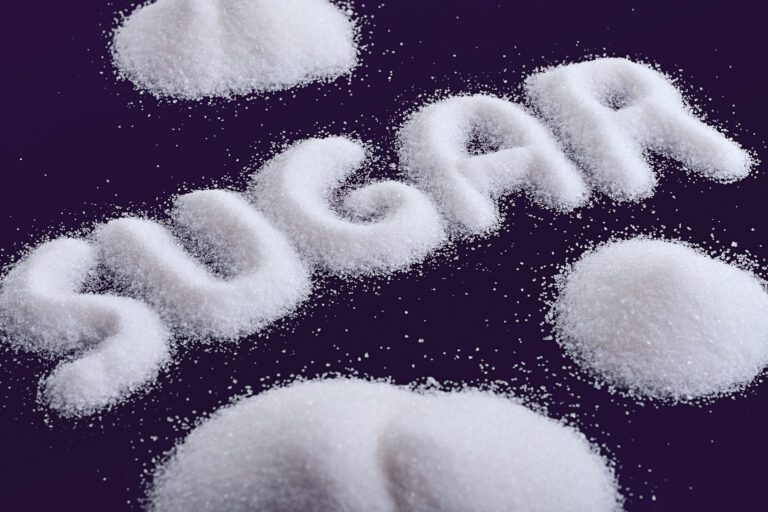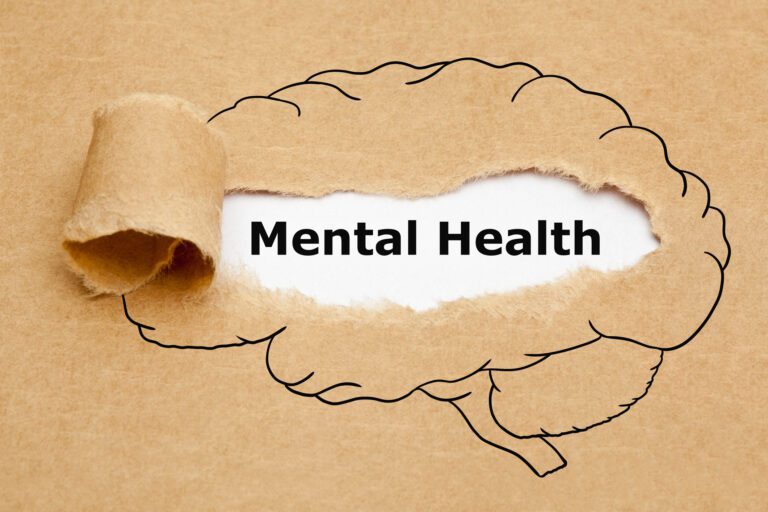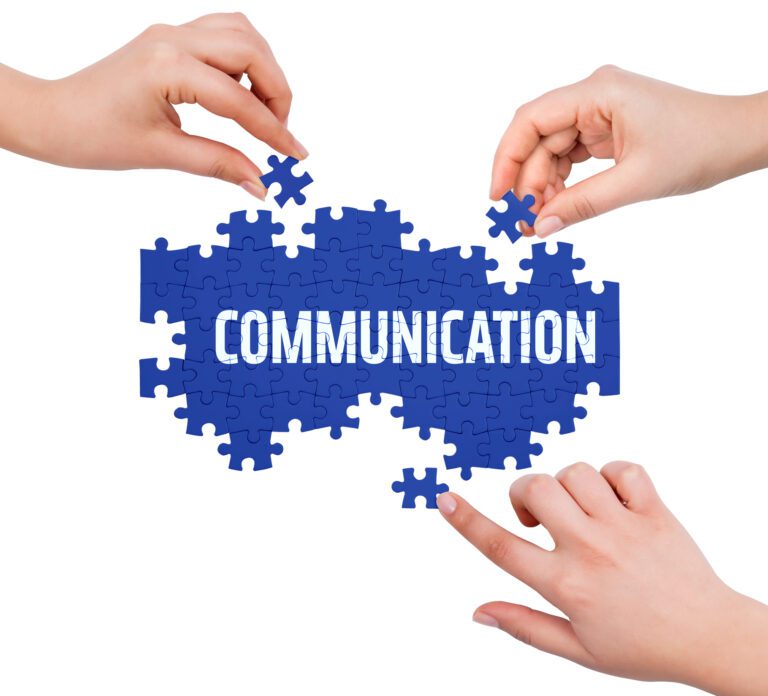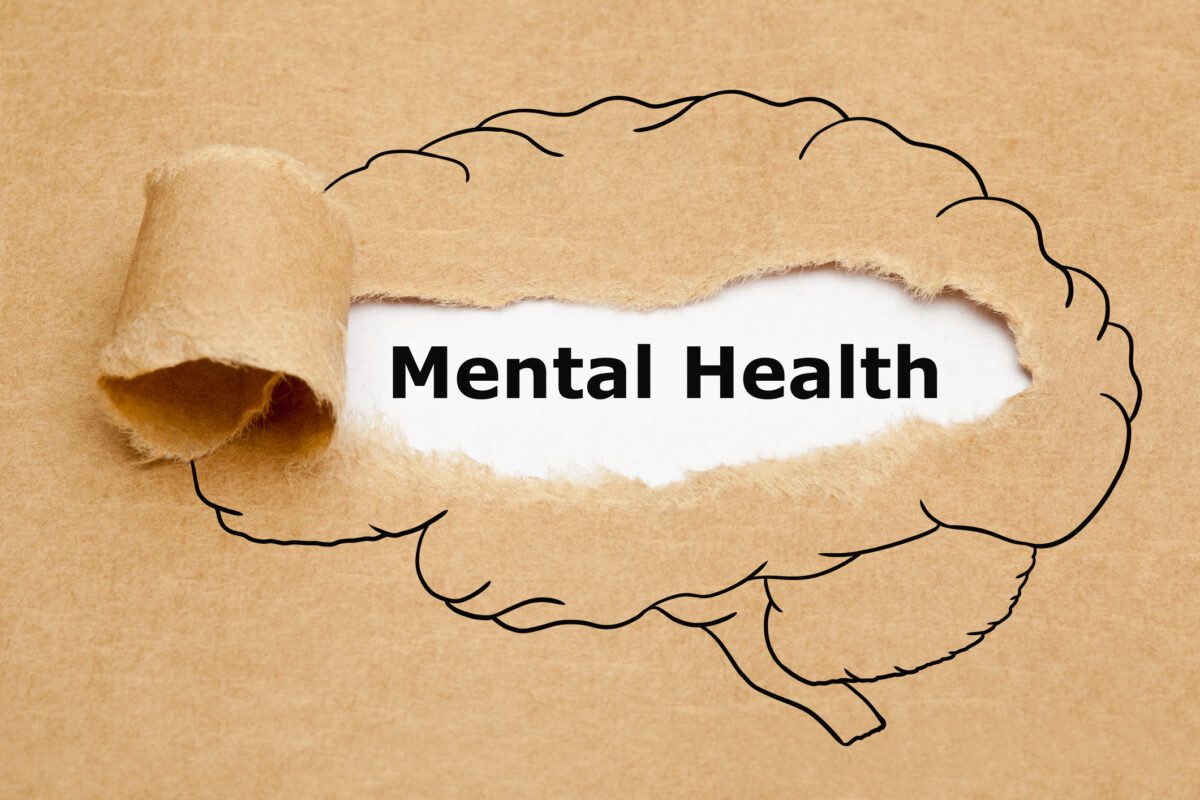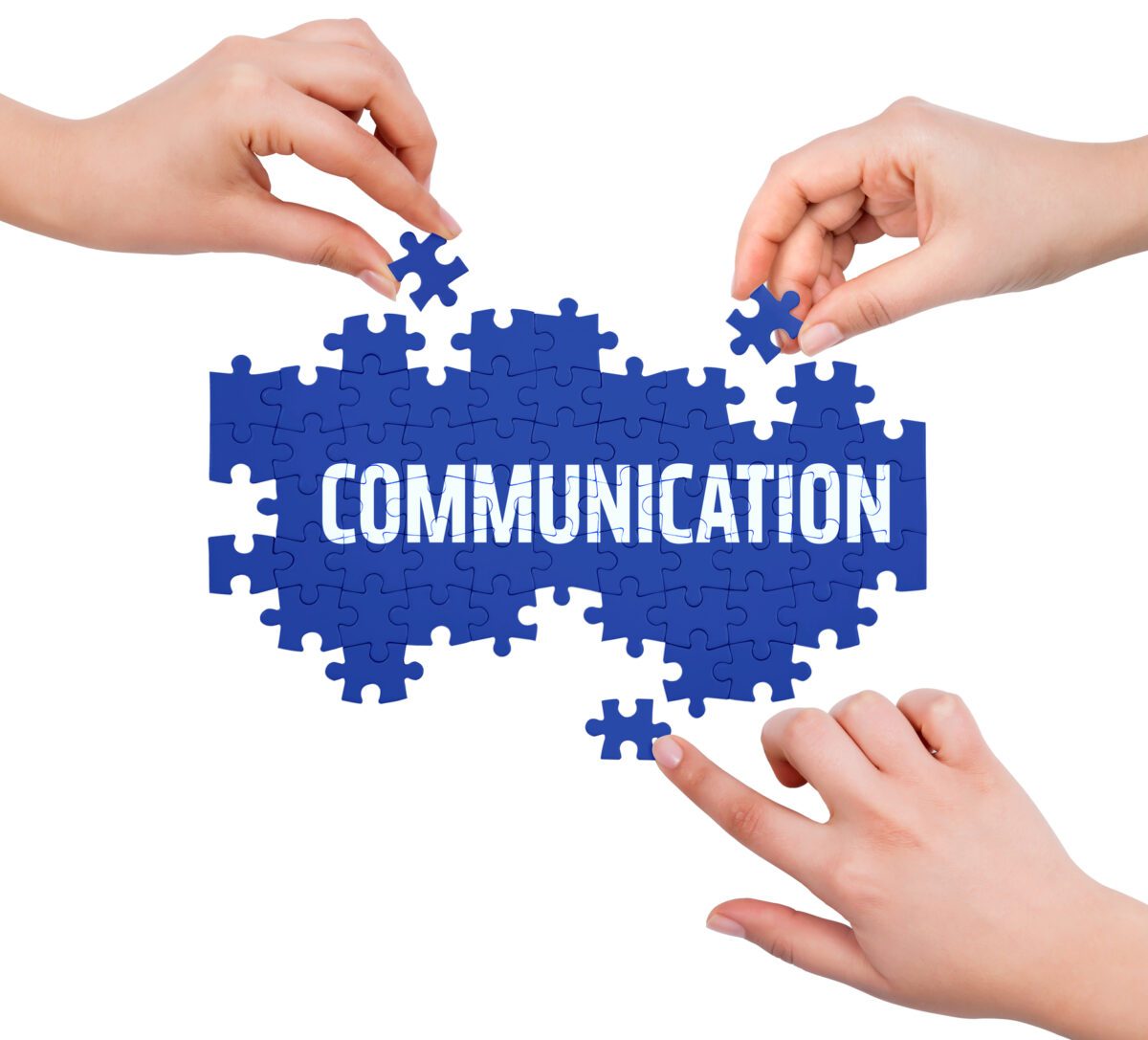Many people talk about “Binge Eating Disorder” and “Overeating” inter-changeably. The two terms are not the same. In fact, they are very different. Binge Eating Disorder is a diagnosable eating disorder, not just an occasional symptom.
Binge Eating Disorder (BED) is the most common eating disorder in the United States. Between 1-5 percent of adults suffer from BED. Many people who struggle with BED report the food binges are filled with a lot of emotion, distress, and guilt. Some people with BED use food to self medicate in order to regulate their emotions.
Initially, the binge eating may serve to help reduce anxiety, sadness, or fear in the moment.Unfortunately, the escape from emotions is only short term. Over time, the long term emotional and physical consequences increase and start to interfere with normal daily functioning at home and work, physical and emotional health, and relationships.
Someone struggling with BED may suffer from heart disease, diabetes, or obesity. The majority of people who struggle with binge eating disorder also suffer from at least one other mental health disorder, including Depression, Anxiety, ADHD, or Substance use disorder.
The Diagnostic and Statistical Manual of Mental Disorders, 5th Edition (DSM-5), using the follow to diagnose binge eating disorder, separating it from other eating disorders:
- Marked distress over bingeing episodes
- Loss of control over amount of eating
- Episodes that occur at least 1x per week for 3 months
In addition, three or more of the following symptoms must also occur for BED diagnosis:
- Eating until feeling uncomfortably full
- Eating more rapidly than normal over a two hour time span
- Feeling depressed, guilty, or disgusted with oneself after overeating
- Eating alone and in secret due to shame and embarrassment about what one is eating
- Eating large amounts of food when not feeling physically hungry
Binge eating is distressful and typically done in secret. A binge is different for every person, but does encompass the characteristics of a feeling of loss of control with feelings of guilt and shame. Individuals with BED typically do not compensate for the binge as someone would with bulimia.
It is not always easy to know if your overeating is a concern. Reviewing your eating habits over time may be helpful to start to investigate your relationship with food. Ask yourself if any of these statements are true:
- I feel out of control when overeating and unable to stop.
- I eat fast and compulsively in a short time period.
- I feel guilt and shame after how much food I have consumed
- I eat in secret and isolation. I hide my binges from family and friends.
- I eat more food than I plan to even when I am not hungry.
If you are unsure if you meet criteria for Binge Eating Disorder, it is important to seek help from an eating disorder specialist in order to assess your eating patterns and behaviors.
Eating disorders are filled with shame and isolation. You do not have to battle this alone. There is a solution.
Substance use and ADHD: Are they related?
Research shows that at least 70% of children, adolescents, and adults with ADHD have at least one other psychiatric disorder. Anxiety, depression, and personality disorders are the most common co-morbid disorders in adults struggling with ADHD.
People struggling with ADHD also have an increased risk of abusing substances. Half of adults with untreated ADHD will develop a substance use disorder at some point in their lives. Children and adolescents are more likely to try alcohol, tobacco, and cannabis throughout their lifespan. Approximately 15% of adolescents and adults with ADHD have a comorbid substance use disorder, while 12% of individuals with SUD also meet the criteria for ADHD.
What to treat first
It is very common that individuals struggling to maintain long term abstinence or sobriety from drugs, alcohol, tobacco, and cannabis may have an underlying ADHD that has not been treated.
There is also a strong association between ADHD and substance use. The term “dual diagnosis” is the coccurrence of an addictive disorder and at least one other psychiatric mental health disorder. Often times, the co-occuring disorder may be ADHD.
Many individuals involved in 12-step programs and addiction treatment report that they could not stay focused on their recovery until their underlying ADHD was diagnosed and treated. Unfortunately, it is true that ADHD does make substance use harder to treat, but not impossible.
It is also difficult to treat the ADHD disorder if an individual is still drunk or using drugs. Sobriety from the drugs and alcohol is key. But, for many individuals, it is hard to stay sober for any period of time until the ADHD is treated appropriately.
It is challenging to assess how ADHD medication is working if someone is still intoxicated or high. Therefore, many psychiatric healthcare providers believe that it is best to optimize the treatment for ADHD only after the individual has been sober for at least 6 weeks to 3 months.
But, in many cases it is important the psychiatrist or psychiatric nurse practitioner decide on an individual basis the treatment order based on the severity of ADHD and the comorbid disorder.
Staying Sober
Many individuals state that it’s not as hard to stop alcohol or drug use, but it is staying sober and clean that is the challenge. Studies have shown that people with ADHD who received appropriate treatment in childhood were almost 50% less likely than their untreated peers to abuse drugs or alcohol in adolescence or adulthood.
Treatment for ADHD with a concurrent substance use disorder requires a teamwork approach that integrates both therapy and medications. In the short and long term, the treatment of ADHD my help individuals to remain sober from their addiction
It is important to remember that untreated ADHD is a significant risk factor for developing substance use in adolescent and adulthood. Clinical research shows that there is no evidence that stimulants increase substance use or the risk of addiction. It truly is the lack of treatment of ADHD that causes more of a risk of developing a substance use disorder.

